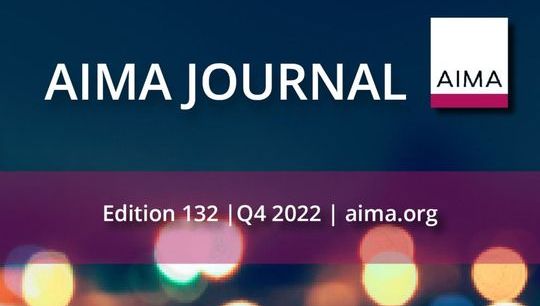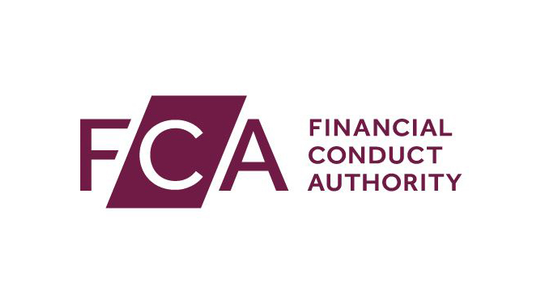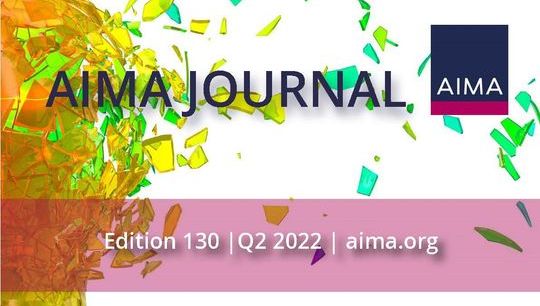Hurricane season: Practical solutions for Cayman Islands funds in respect of sanctions and CIMA notifications
By Robert C. Searle; James McKeon, Campbells LLP
Published: 17 June 2024
Residents in Cayman know, when the summer months are coming, to prepare for the effects of strong storms and hurricanes. Similarly after several particularly tumultuous years leading to the current economic environment, a number of Cayman funds and their investors are managing situations involving (i) sanctioned investors; and (ii) CIMA notifications following regulatory or other administrative action by foreign regulators.
This Article discusses these matters and offers practical guidance.
Sanctioned investments and investors
Sanctions are used as a foreign policy tool as part of a broader political and diplomatic strategy
to achieve a desired outcome from a target country or regime, most recently including Russian sanctions.
The Cayman Islands is a British Overseas Territory and, as such, takes its sanctions regime from the United Kingdom (UK). The UK sanctions regime is governed by the Sanctions and Anti-Money Laundering Act 2018 (Act) and its regulations. Corresponding sanctions are applied in the Cayman Islands by a number of Orders in Council (Orders).
These sanctions are implemented by designating particular nations, entities or individuals, or categories of entities or individuals, as “designated persons”. The UK maintains a list of those entities and individuals which it has sanctioned (and which by extension are sanctioned in the Cayman Islands).
The Act defines six types of sanctions, including financial sanctions.
The most common financial sanction is an asset freeze. This prohibits dealing with the funds or economic resources of a designated person, including by that person, and also making funds or economic resources available to or for the benefit of the designated person. The funds and economic resources subject to the sanction are to be frozen immediately by the person in possession or control of them. These sanctions are broadly drafted, and capture any entities which a designated person controls or holds a majority interest in.
Where an investor in a fund or its beneficial owners, controllers or authorised persons are named on an applicable sanctions list, the fund is required to immediately and without notice to the investor cease any further dealings with the investor and/or the investor’s interest in the fund until the investor (or its beneficial owners, controllers or authorised persons (as applicable)) ceases to be named on an applicable sanctions list, or a licence is obtained to continue such dealings. In addition, should any investment made by the fund subsequently become subject to sanctions, the fund shall immediately and without notice to any relevant investor cease any further dealings with that investment until the sanctions are lifted or a licence is obtained to continue such dealings.
If a fund knows or has reasonable cause to suspect that the fund is in possession or control or is otherwise dealing with the funds or economic resources of an investor named in a sanctions list, the fund must:
(a) immediately freeze the funds, or economic resources of that investor;
(b) not enter into financial transactions or provide financial assistance or services to that investor unless there is an exemption in the legislation that can be relied on or the fund holds a licence from the Cayman Governor;
(c) immediately report that investor to the Cayman Financial Reporting Authority (FRA); and
(d) complete and submit a Compliance Reporting Form to the FRA as soon as practicable.
Applicable penalties are set out in the relevant Order but in general, the maximum penalties are a fine at the discretion of the Grand Court of the Cayman Islands (which may be unlimited but cannot be excessive) and up to seven years’ imprisonment. These penalties are specifically extended to the directors or controllers of a fund that has breached the sanctions regulations and also apply to any conduct which circumvents or is intended to circumvent the applicable regulations.
In light of the above, funds should be extremely cautious when proposing any course of action relating to sanctions, and as a first step, we recommend that funds confer with Cayman Islands counsel for advice on sanctions related matters.
Some Cayman funds may have recently encountered either the fund’s investments or the ultimate beneficial owner of an investor being designated as a “designated person” under The Russia (Sanctions) (Overseas Territories) Order 2020, which will have required the fund to incur time and expense in managing the associated difficulties with holding and divesting from such investment or investor. Funds may be forced to incur significant holding costs associated with frozen assets, as any divestment of any kind is strictly prohibited and would constitute “dealing with” (as broadly defined in The Russia (Sanctions) (EU Exit) Regulations 2019) that asset and/or “making funds or economic resources available to a designated person”.
Funds may be able to take advantage of some of the limited exceptions to sanctions prohibitions that have been introduced by the UK, principally to allow provision of services in order to comply with statutory or regulatory obligations (such as the provision of statutory audits to Cayman Islands entities which may be ultimately held by a person connected with Russia).
The UK has also introduced specific divestment licensing grounds which might assist affected funds. In the context of sanctions imposed against Russian individuals and entities, the UK introduced licensing grounds to enable a fund to apply for a specific license from the Cayman Governor to either (i) undertake a transfer of funds or economic resources located in Russia and owned, held or controlled by the Cayman fund, in order to enable that fund to divest itself of those funds/economic resources, where the funds or resources are transferred to the Government of Russia or a designated person; or (ii) acquire an interest in that Cayman Islands entity from a designated person or the Government of Russia. This is subject to the condition that the only consideration for the acquisition is a transfer of funds and the funds are credited to a frozen account in the Cayman Islands or a jurisdiction with similar sanctions against Russia.
Such measures may provide welcome relief for funds confronting issues relating to sanctions, and we encourage such funds to seek specific advice from Cayman Islands counsel about how best to navigate the safest path forward.
CIMA notifications
On occasion, funds, their service providers and employees may be subject to non-Cayman regulatory or legal proceedings which obliges a fund and its directors to communicate certain information to the Cayman Islands Monetary Authority (CIMA). For example, a fund has CIMA disclosure obligations under the Mutual Funds Act or the Private Funds Act, and their related policies, procedures, rules and guidance notes issued by CIMA.
A few key disclosure obligations are outlined below, though these may differ depending on the type of fund and its circumstances:
- A fund must notify CIMA within twenty-one (21) days after any material change to the information in its offering document, of any information submitted to CIMA under the Private Funds Act; or
- the Mutual Funds Act, as applicable. CIMA will likely regard any changes to the following in respect of a fund as being material: the investment objectives and strategies, investment managers/advisors, investment risks, operators, service providers, registered office, change of name, change in administrator and the creation of a segregated portfolio (as applicable);
- Under CIMA’s regulatory measures introduced in April and October 2023, a fund must ensure that CIMA is notified by email, within ten (10) days, of any substantive issues which could materially affect the fund, in line with applicable acts, rules, regulations and regulatory measures;
- Directors of certain funds will also have a personal obligation under the Directors Registration and Licensing Act to notify CIMA of any change in the information provided to CIMA for the registration of a director, within twenty-one (21) days of such change. This includes any changes to probity statements and confirmations made in the director’s personal questionnaire submitted to CIMA, such as where a director serves as director of an entity that has been the subject of an investigation, anywhere, by a governmental, professional or other regulatory body. A Cayman fund must at all times have directors, senior officers, managers or persons who have acquired ownership or control that are “fit and proper persons”. The fit and proper person test focuses on (a) honesty, integrity, reputation; (b) competence and capability; and (c) financial soundness.
CIMA has the power under the Monetary Authority (Administrative Fines) Regulations to impose administrative penalties for breaches of regulatory laws, including the Mutual Funds Act and the Private Funds Act. These regulations classify breaches of certain sections of applicable regulatory laws as either minor, serious or very serious. Minor breaches can result in a US$6,000 fine, while serious and very serious breaches can result in discretionary fines of up to US$120,000 and US$1,200,000 respectively. A Cayman fund’s directors, officers or managers who are complicit in any breach may also be liable to fines of up to US$120,000.
Funds and their directors should therefore remain mindful of their obligations to notify CIMA in the event that a fund, its service providers or directors becomes the subject of any material change or regulatory action, and should seek Cayman Islands legal advice in the event of any doubt.







